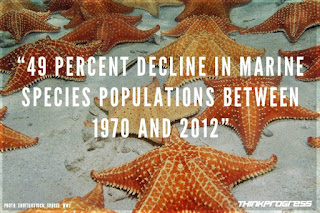Looming Floods, Threatened Cities.
As I've posted before, here, here, and here , sea levels will be the one of consequences we will be experiencing very soon from global warming. The New York Times is doing a special feature on the Antarctic ice shelf. Snow and ice is increasing over parts of Antarctica, which deniers love to point out, but there are other major parts of Antarctica where there is a very serious danger of major melting events. Looming Floods, Threatened Cities. THE RISK IS CLEAR : Antarctica’s collapse has the potential to inundate coastal cities across the globe. Over tens of millions of years, thin layers of snow falling on the continent — in many places, just a light dusting every year — were pressed into ice, burying mountain ranges and building an ice sheet more than two miles thick. Under its own weight, that ice flows downhill in slow-moving streams that eventually drop icebergs into the sea. If that ice sheet were to disintegrate, it could raise the leve...
